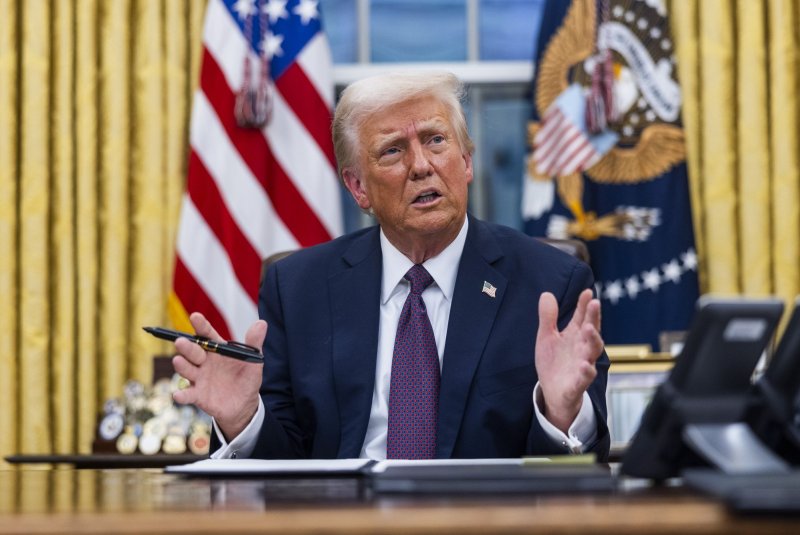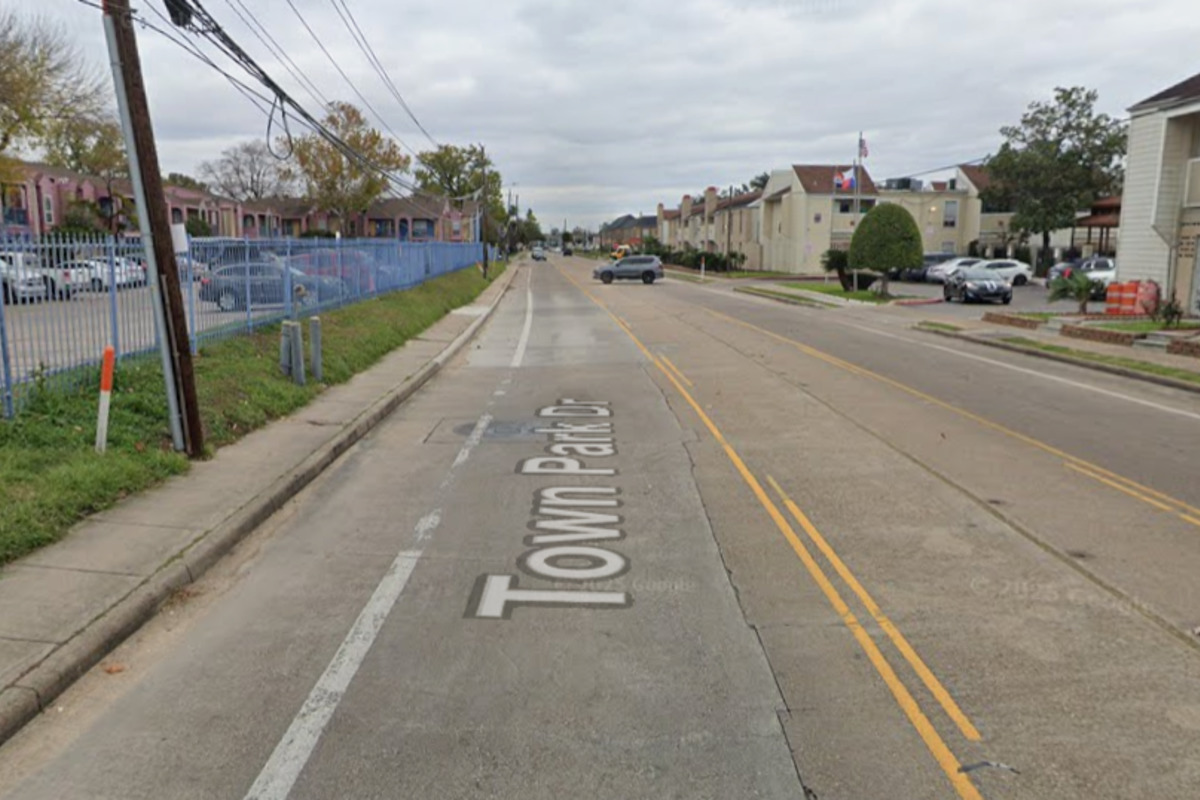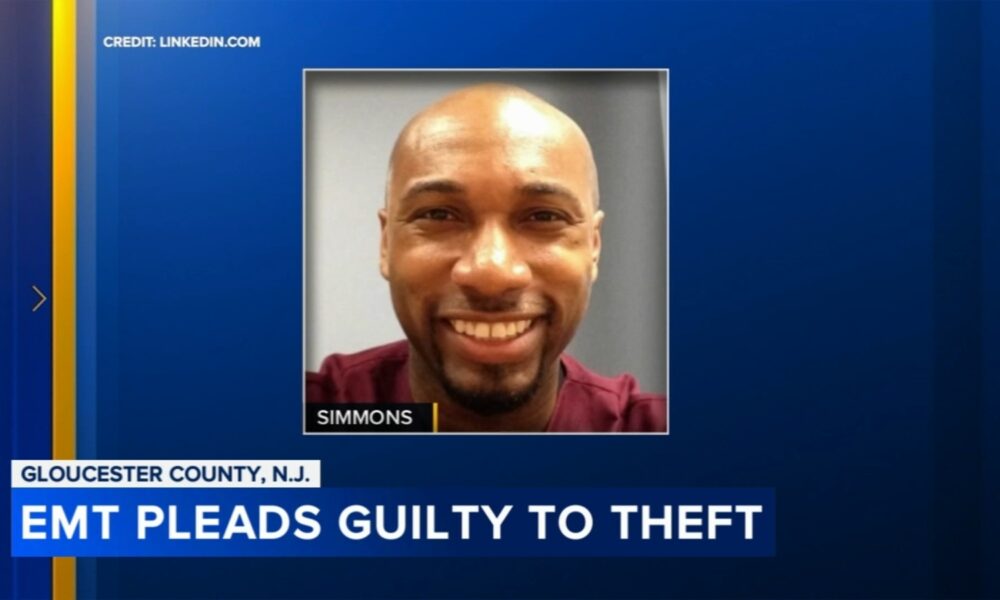UPDATE: President Donald Trump has just issued pardons for two supporters involved in the January 6, 2021, U.S. Capitol breach, marking a significant development in ongoing legal battles surrounding the event. The pardons, announced by Ed Martin, the Justice Department’s pardon attorney, were signed Friday and made public on Saturday, November 15, 2023.
The pardons benefit Dan Wilson and Suzanne Kaye, who faced serious charges stemming from their actions during the Capitol riot. The urgency of these pardons reflects a growing narrative among Trump’s supporters that the Biden administration has unfairly targeted individuals involved in the January 6 incident. Martin expressed gratitude on social media, stating, “Thank you: Post! Danny Wilson is now a free man.”
Wilson, a resident of Louisville, Kentucky, had previously pleaded guilty to conspiracy to impede federal officers and was sentenced to five years in prison. However, his situation became more complex when he was later convicted for possession of firearms, with a sentence extending to 2028. Trump’s pardon effectively addresses the firearm charges, with a White House official commenting that these issues stemmed from the January 6 search of Wilson’s home.
“For too long, my client has been held as a political prisoner,” said Wilson’s attorney, George Pallas. He emphasized that the pardon sends a strong message regarding the treatment of Americans expressing their beliefs. Wilson had initially discussed bringing firearms to the Capitol but arrived unarmed, communicating with far-right groups during the day.
Kaye, from Boca Raton, Florida, received a pardon after being sentenced to 18 months for threatening FBI agents investigating her involvement in the Capitol attack. She denied being present during the events of January 6, despite posting videos that threatened the agents.
The implications of these pardons extend beyond Wilson and Kaye, as they highlight ongoing tensions regarding the January 6 prosecutions. Trump previously pardoned around 1,500 individuals related to the event upon taking office in January 2021. However, Wilson’s case remained distinct due to his firearm convictions.
This latest round of pardons has reignited discussions about the role of the Department of Justice in these cases. U.S. District Judge Dabney Friedrich, involved in Wilson’s initial sentencing, criticized the extension of pardons to offenses uncovered during investigations, showcasing the contentious nature of these legal proceedings.
While Wilson and Kaye celebrate their newfound freedom, others, like Edward Kelley, face severe consequences, including a life sentence for conspiring to kill officers involved in the January 6 investigation. The contrasting outcomes raise questions about justice and accountability in the wake of the Capitol riot.
As the situation unfolds, observers are keenly watching for further developments in the pardons and their potential ripple effects on similar cases. The urgency of these pardons underscores the ongoing political and legal battles that continue to shape the narrative surrounding the January 6 incident.
With this latest update, the conversation around January 6 is far from over, as the impacts of these actions could resonate throughout the political landscape in the United States. The call for clarity and fairness in the legal process remains a central theme as more details emerge.







